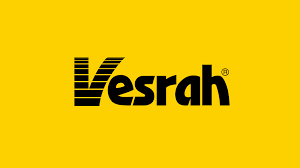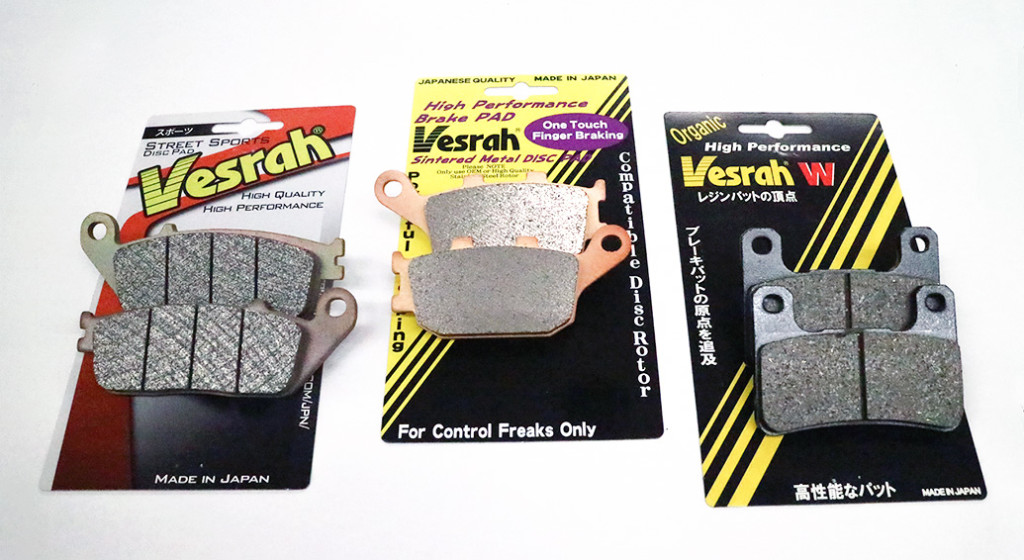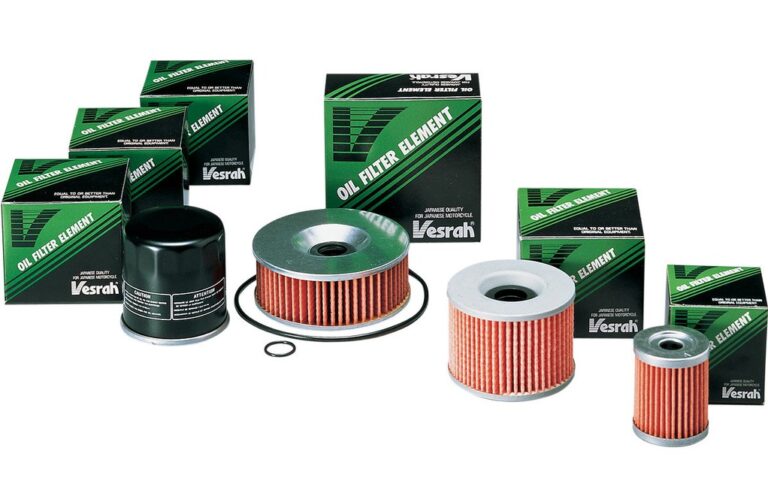
About Vesrah
Vesrah, a Japanese company, is a Brake pads specialty manufacturer and sales company with accumulated know-how and experience since 1950.
Historical background of motorcycle market around that time in Japan:
Around 1946, bicycles were augmented with 50cc engines in the Japanese market. This was prior to the motorcycle era, which started in early 1950.
Vesrah was established as a bicycle OEM brake manufacturer in 1950 and began to supply motorcycle brakes to an OEM (Company “T”). Company “T” was a major player in the market at that time.
During the early 1960s, it eventually lost significant domestic market share to Company “H”, “Y” and “S” in the 2-stroke engine market.
Takara Co. had decided to increase and strengthen its sales efforts and created Vesrah Co. Inc., at which time Vesrah adopted the name Vesrah as its brand.
Vesrah’s emphasis from the beginning was on the QUALITY of its aftermarket products, which was a result of its OEM supplier experiences.
As Japanese motorcycles expanded their market share overseas, Vesrah products as aftermarket products also enjoyed a rapidly increased distribution overseas、
(USA & European Market) rather than in the domestic market.
Soon after, Vesrah brake pads became sought-after racing pads in the United State’s racing circuit. Especially, XX, SS, and ZZ material are very popular among racers in USA.
Takara’s manufacturing experience in organic resin brake pad was first recognized in the after-market.
Vesrah sintered metal pads gained very strong recognition and demand among AMA, Moto American and WERA riders. Especially, XX, SS, and ZZ materials are very popular among racers in USA.
Currently, Vesrah supplies pads and shoes with organic resin and/or sintered metal materials for a wide range of applications, from vintage to current Japanese and non-Japanese motorcycles.
We grew and continue to grow along with our users’ and customers’ expectations.
line up
Add Your Heading Text Here







